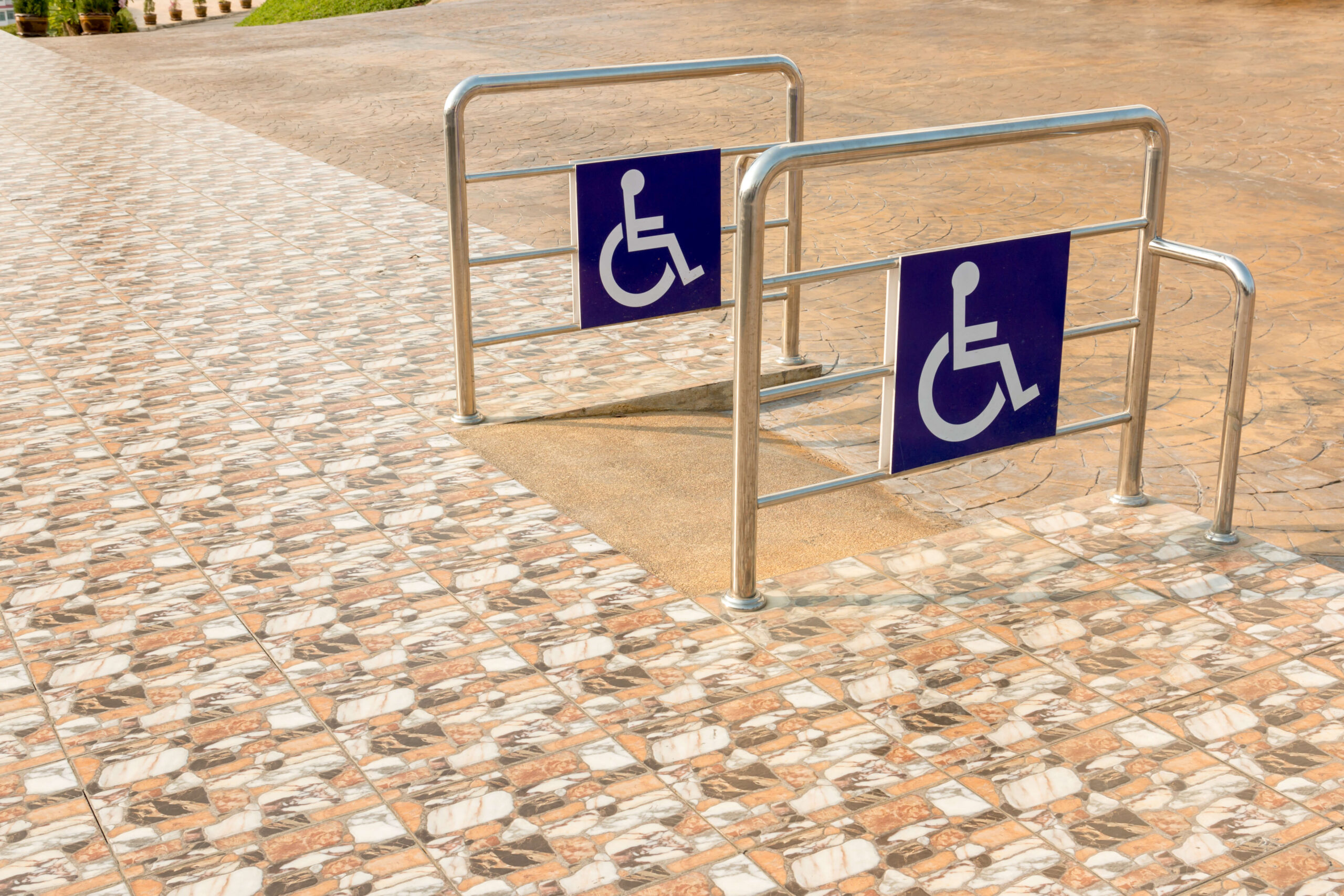For years, Scott Dinin was one of South Florida’s most prolific filers of Title III of the Americans with Disabilities Act (ADA) cases. His run ended two years ago, when, after obtaining default judgments against two gas stations on behalf of his client, Alexander Johnson, Dinin submitted a request for attorneys’ fees whose billing entries caught the attention of Judge Paul Huck of the U.S. District Court for the Southern District of Florida. Judge Huck’s investigation into the matter brought to light a systematic practice of filing frivolous claims, knowingly misrepresenting the time counted as billable, making misrepresentations to the court, and improperly sharing attorneys’ fees with clients. In his August 2019 order awarding extensive sanctions, Judge Huck described Dinin’s and Johnson’s operation as “an illicit joint enterprise … to dishonestly line their pockets with attorney’s fees from hapless defendants under the sanctimonious guise of serving the interests of the disabled community.”
Judge Huck’s sanctions included:
- dismissal with prejudice of Johnson’s ADA and Florida Civil Rights Act claims;
- disgorgement of improperly obtained settlement funds from 26 “gas pump cases”;
- additional penalties of $59,900 against Dinin and $6,000 against Johnson; and
- an injunction preventing Johnson and Dinin “from filing any future ADA complaints without first obtaining the court’s written permission.”
Judge Huck’s order corroborated and confirmed the suspicions of many in South Florida’s business and legal communities about questionable practices of some plaintiffs and their lawyers in Title III access litigation. Johnson and Dinin appealed, and on August 17, 2021, the Eleventh Circuit Court of Appeals dismissed Dinin’s appeal and affirmed the district court’s order imposing sanctions on Johnson.
The Eleventh Circuit Dilutes Standing Requirements
While the court’s affirmance of sanctions has drawn the most interest, practitioners may want to note the court’s holding regarding standing in Title III cases brought against gas stations and similar Title III defendants that are not “destination-type establishments like hotels, hospitals, or restaurants.” The court held that standing could be established without showing a “definite intention to visit” the specific establishment “in the future,” as would be required if the defendant were a supermarket or a “destination-type establishment.” The court reasoned that gas stations are “visited on an as-needed basis, often based on convenience, proximity, or price on a given day,” and “cars are mobile and must be serviced wherever they happen to be at the time gas is needed.” Therefore, standing exists if “[Johnson] regularly travels in the vicinity of the particular gas station.”
As the concurring opinion pointed out, the majority opinion did not cite any support for “water[ing] down the constitutional minimum for standing.” All the same, practitioners may want to take note of this important holding when defending cases brought against gas stations or non-destination-type establishments.







